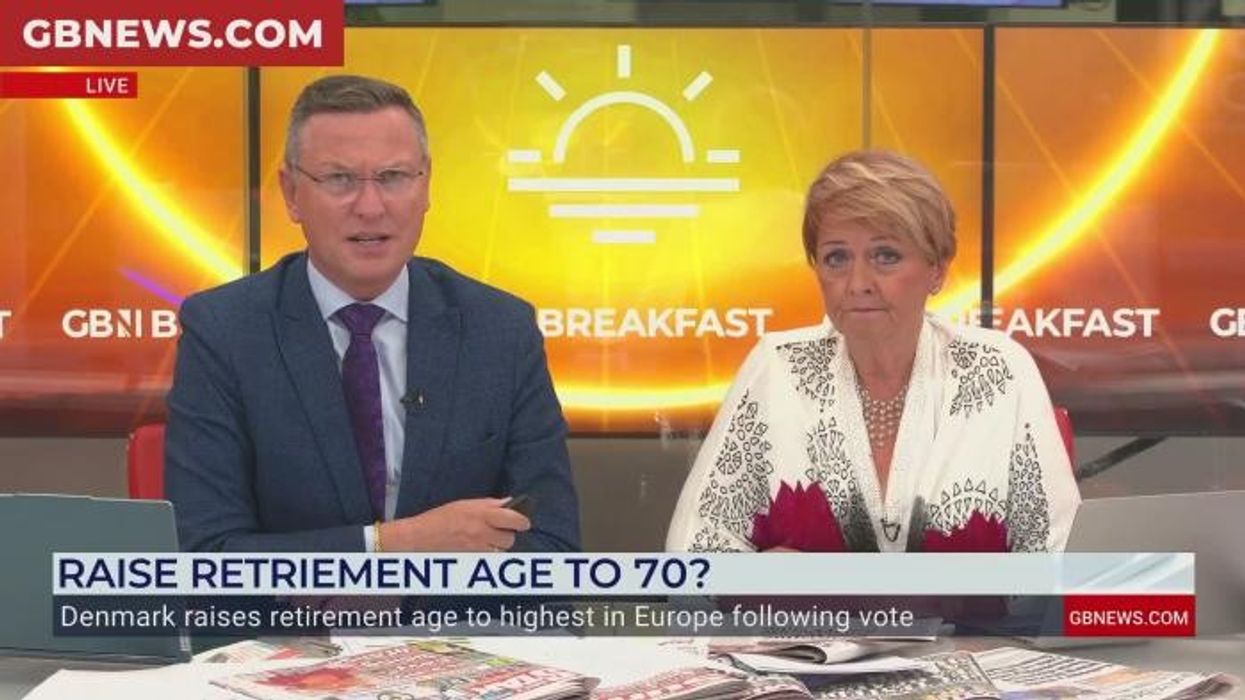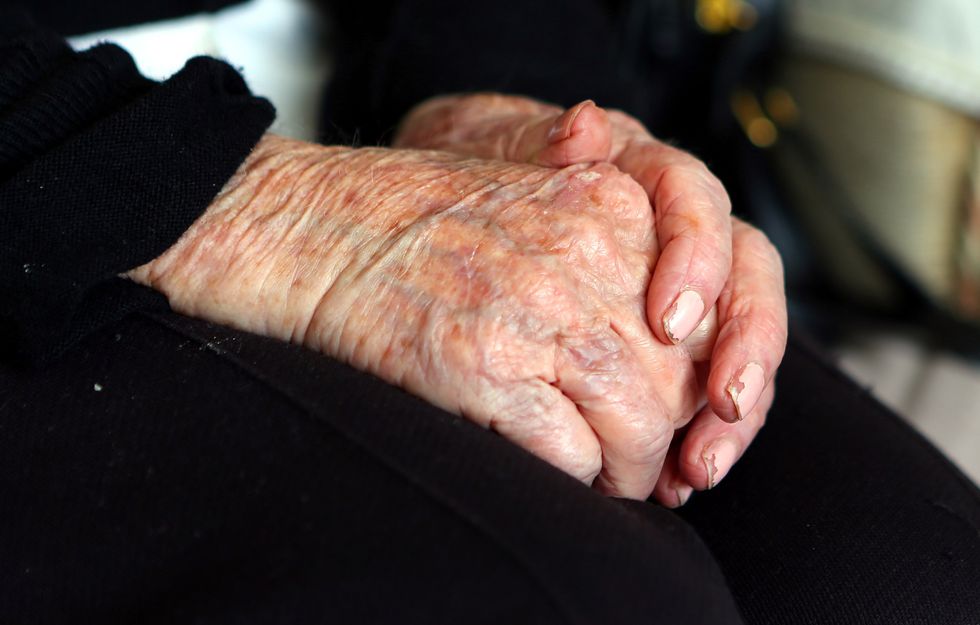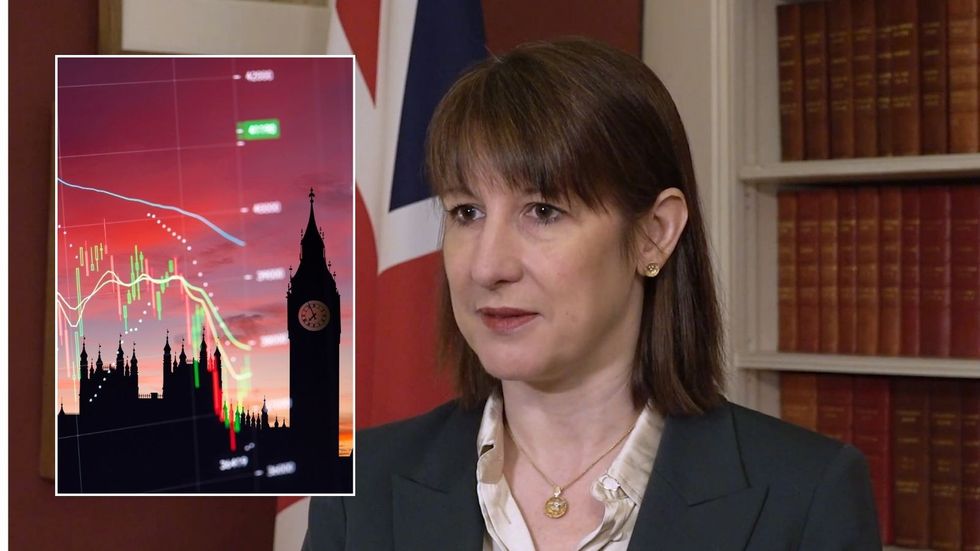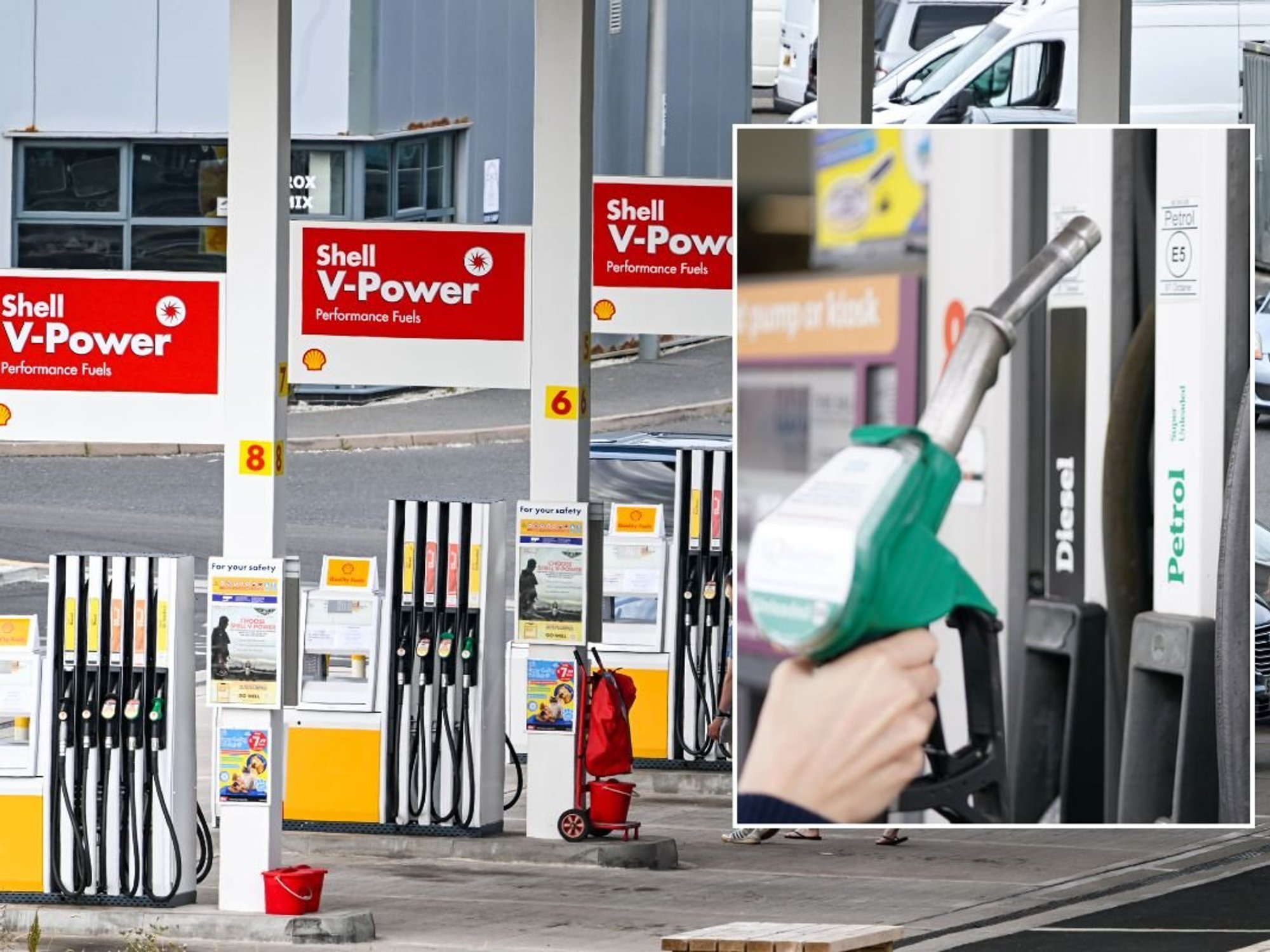State pension triple lock 'far more damaging' to UK economy that feared, fomer Tory minister warns

State pension age rise ‘almost inevitable’: Ann Widdecombe issues warning as Denmark raises the bar |
GB NEWS

A former Tory cabinet minister has issued a warning about the cost of the state pension triple lock
Don't Miss
Most Read
Latest
The state pension triple lock has been "far more damaging" to the UK economy than initially thought, a senior Conservative Party peer has admitted.
Lord David Willetts, a former Tory cabinet minister and president of the Resolution Foundation think tank, is among the political voices calling into question whether the payment increase mechanism should remain "untouchable".
Writing in The Times, Willets cited recent figures from the Office for Budget Responsibility (OBR) which highlighted the ballooning cost of the state pension going forward.
According to the OBR, spending on the retirement benefit is projected to be £15.5billion more by 2029-30, three times higher than the initial spending estimate of £5.2billion.

The state pension triple lock is "damaging the economy", a former Tory cabinet minister has warned
|GETTY
Since being introduced by the Conservative-Liberal Democrat coalition Government in 2012, the triple lock has ensured state pension payment rates rise every year in line with either inflation, average wages or 2.5 per cent.
Willett said: "These are costs the country can scarcely afford when our debt servicing costs are now as big as the education and Home Office budgets combined, estimated at £111billion in 2025-26, when the tax burden is at a postwar high, and when many public services are in urgent need of repair.
"The triple lock is popular because people assume that pensioners tend to be poor. That used to be the case, but it no longer is. Pensioner poverty has been on a welcome downward trajectory for decades, and they are now about half as likely to live in poverty as children."
He cited research from the Resolution Foundation that found pensioners are on average £5,000 richer than households with children, which is a a gap that could rise jump £7,000 by the end of the decade.
Do you have a money story you’d like to share? Get in touch by emailing money@gbnews.uk.
 Older Britons are worried about the future of the state pension triple lock | PA
Older Britons are worried about the future of the state pension triple lock | PAFurthermore, the Conservative peer noted that non-pensioner households are more likely to be living in fuel stress, which is defined as happening when families need to spending 10 per cent of their income on energy bills to keep warm in winter.
Amid the controversy surrounding Labour's Welfare Bill U-turn, Willett highlighted that benefit changes have seen pensioner incomes rise by £900 on average between 2010-11 and 2024-25.
In comparison, benefits for non-pensioners have been cut by around £1,400 a year, the Resolution Foundation head said.
He sounded the alarm that the Conservative Party's voting base is "concentrated among the over-70s", who are the primary beneficiaries of the state pension and NHS.
"This is an odd position for the party to be in. It is very different from Margaret Thatcher’s day when the state pension was linked to prices — compared with that method of increasing the state pension, the triple lock will have added £22.9 billion more to public spending by the end of the decade," Willett added.
"Every election since 2015 has been marked by the main parties pledging to maintain the policy for another five years. Is it really to remain untouchable?"
LATEST DEVELOPMENTS:
 The UK economy contracted last month in a blow to Rachel Reeves | GETTY
The UK economy contracted last month in a blow to Rachel Reeves | GETTY Last week, the Adam Smith Institute warned that the state pension is at risk of becoming insolvent by 2036 despite recent tax rises from Chancellor Rachel Reeves.
Maxwell Marlow, the free market think tank's, said: "It should alarm us all that the State Pension could become unsustainable in just over a decade. Such a dire prognosis is a symptom of Britain’s broken welfare state.
"Struggling workers and firms will not be able to subsidise the ballooning welfare bill for much longer. We must be clear - the state pension is a benefit, not one paid into over a lifetime, but drawn out of current taxation.
"Our latest analysis shows that by 2036, the government will spend more on welfare payments - the largest share of which is the State Pension - than it raises in National Insurance contributions."
More From GB News










